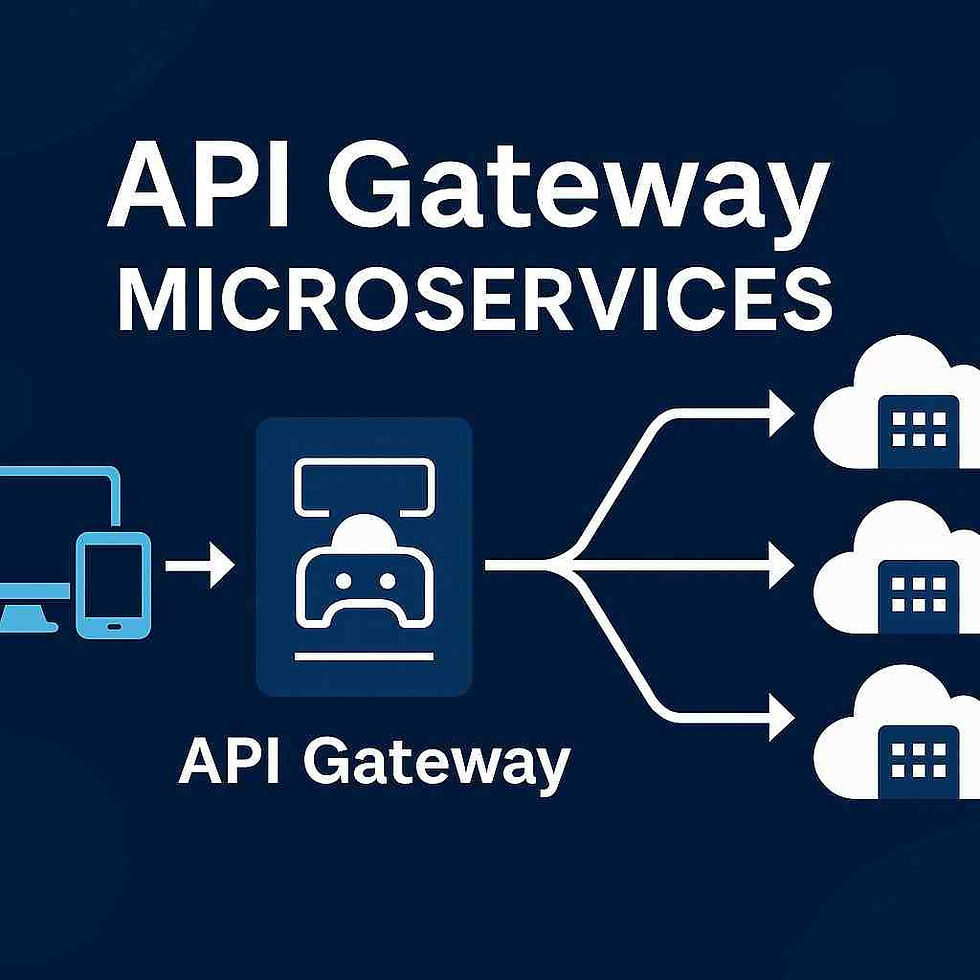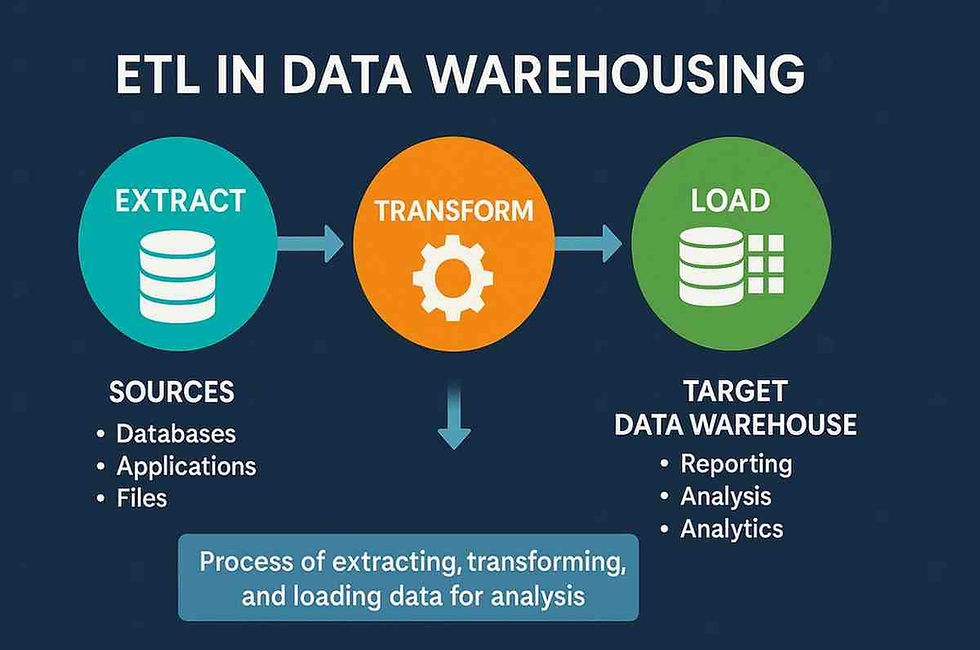API Testing Best Practices: Master Effective Testing with AI
- Gunashree RS
- Dec 12, 2024
- 5 min read
API Testing Best Practices:
In an era where software integrations define the success of applications, API testing best practices are no longer optional—they're essential. Ensuring robust, secure, and high-performing APIs underpins the smooth operation of modern applications. This is where tools like Devzery’s AI-powered solutions simplify and revolutionize the process, making it accessible and efficient for QA teams of all experience levels.
This comprehensive guide explores everything from foundational principles of API testing to advanced practices powered by automation. Whether you're a seasoned QA professional or a new team looking to streamline workflows, this article equips you with actionable insights.
Table of Contents
Overview
Fundamentals of Effective API Testing
What is API Testing, and Why Does It Matter?
Common API Testing Challenges for QA Teams
Best Practices for Effective API Testing
Designing Comprehensive API Test Cases
Leveraging Automation in API Testing
Continuous Testing in CI/CD Pipelines
Evolution of API Testing Best Practices
From Manual Testing to AI-Driven Automation
Simplifying Complex Workflows for New QA Teams
FAQs
Conclusion
Key Takeaways
References
Overview
Learn proven API testing best practices to enhance test accuracy and efficiency.
Discover how automation, powered by AI, simplifies testing workflows.
Understand the importance of CI/CD integration in modern QA practices.
Explore Devzery’s tools that empower new and experienced QA teams alike.
Fundamentals of Effective API Testing
What is API Testing, and Why Does It Matter?
API testing is a critical process in software quality assurance. It focuses on verifying the functionality, reliability, security, and performance of Application Programming Interfaces (APIs). APIs act as the communication bridge between different software components, and their flawless operation ensures seamless integration across systems.
Types of API Testing
Functional Testing: Ensures the API performs as expected under various conditions.
Regression Testing: Confirms recent code changes don’t affect existing functionalities.
Load Testing: Evaluates API performance under heavy traffic or data loads.
For enterprises, robust API testing guarantees smooth workflows, especially for critical systems like payment gateways, customer data management, and third-party integrations. Poor API performance can lead to downtime, revenue loss, and user dissatisfaction, making thorough testing indispensable.

Common API Testing Challenges for QA Teams
Despite its importance, API testing presents numerous challenges:
Complex Workflows: Modern applications often involve interconnected APIs, making it difficult to test the entire workflow effectively.
Coverage Issues: Ensuring comprehensive test coverage across all endpoints and edge cases can overwhelm QA teams.
Resource Constraints: Manual testing is time-intensive and requires skilled professionals.
Evolving Standards: As APIs grow more sophisticated, keeping up with best practices becomes increasingly challenging.
Solution: Tools like Devzery automate many of these tasks, simplifying processes for QA teams while ensuring thorough testing.
Best Practices for Effective API Testing
Designing Comprehensive API Test Cases
A well-designed test case is the backbone of effective API testing. Follow these best practices for robust test case creation:
Define Clear Objectives: Establish what the test aims to achieve. Examples include validating API responses or testing error-handling mechanisms.
Input-Output Validation: Test various input parameters to ensure accurate responses.
Focus on Edge Cases: Anticipate scenarios like extreme data inputs, invalid requests, and security vulnerabilities.
Reuse Test Cases: Develop reusable components to reduce redundancy.
How Devzery Helps: Devzery's codeless tools streamline test case design, enabling QA teams to focus on coverage without being bogged down by technical complexities.
Leveraging Automation in API Testing
Automation transforms the efficiency and accuracy of API testing. Here’s why it’s indispensable:
Reduced Manual Errors: Automated workflows ensure consistent test execution, minimizing human-induced mistakes.
Faster Execution: Automation significantly reduces the time needed for regression and functional testing.
Scalability: Handle thousands of test cases simultaneously, a task nearly impossible with manual testing.
Devzery’s Automation Features
AI-Powered Regression Testing: Automatically identifies code changes and ensures functionality remains unaffected.
Simplified Workflows: Enables even non-technical team members to create and execute tests seamlessly.
By integrating AI, Devzery reduces the burden on QA teams, letting them focus on strategic tasks rather than repetitive ones.
Continuous Testing in CI/CD Pipelines
Continuous testing ensures quality at every stage of the software development lifecycle. By embedding API testing into CI/CD pipelines, organizations can detect and fix issues early, reducing the risk of deployment failures.
Benefits of Continuous Testing
Early Detection: Catch issues during development rather than after deployment.
Consistency: Automated tests run every time new code is integrated.
Efficiency: Faster feedback loops lead to shorter release cycles.
Devzery’s seamless CI/CD integration allows QA teams to maintain high-quality standards while accelerating time-to-market.
Evolution of API Testing Best Practices
From Manual Testing to AI-Driven Automation
Manual testing has long been a staple in QA practices, but it falls short in today’s fast-paced development environment. AI-driven automation is the future, offering unmatched speed, accuracy, and adaptability.
Key Differences
Speed: AI reduces testing time from days to hours.
Cost: Automation requires fewer resources over time compared to manual testing.
Coverage: AI ensures comprehensive testing, even for edge cases.
Devzery leads this transition with its scalable and intelligent solutions, ensuring organizations stay ahead in the competitive market.
Simplifying Complex Workflows for New QA Teams
For teams new to API testing, mastering complex workflows can be daunting. Devzery simplifies this with user-friendly tools that cater to varying expertise levels.
Features for New Teams
Codeless Workflows: Eliminate the need for extensive coding knowledge.
Pre-Built Templates: Save time with ready-to-use test cases.
Interactive Dashboards: Offer intuitive insights into test performance and coverage.
By empowering new teams with accessible tools, Devzery accelerates onboarding and enhances productivity.
FAQs
What are the key steps in API testing?
The key steps are:
Define test requirements.
Create detailed test cases.
Execute tests.
Validate results against expected outcomes.
How does AI improve API testing workflows?
AI automates repetitive tasks, improves test accuracy, and identifies patterns, enabling faster and more reliable testing.
What tools are best for API testing?
Tools like Devzery offer AI-powered regression testing and seamless CI/CD integration, making them ideal for enterprise needs.
Why is API testing important for enterprises?
API testing ensures that APIs perform reliably, securely, and efficiently, which is critical for smooth application functionality.
Can automation replace manual testing entirely?
While automation excels at repetitive tasks, some exploratory or creative testing may still require manual input.
What industries benefit the most from API testing?
E-commerce, fintech, SaaS, and logistics sectors benefit significantly from robust API testing.
How does CI/CD integration enhance API testing?
CI/CD integration ensures continuous testing throughout development, reducing errors and speeding up deployment.
What is the ROI of AI-powered testing tools?
AI-powered tools reduce costs, enhance test coverage, and accelerate deployments, leading to significant ROI improvements.
Conclusion
Adopting API testing best practices is essential for ensuring robust and reliable software systems. Traditional testing methods, while foundational, fall short in scalability and speed. AI-driven automation, such as Devzery’s innovative tools, addresses these gaps by offering seamless workflows, codeless design, and scalable testing solutions.
As the demands on QA teams grow, embracing modern tools and best practices is not just advantageous—it’s a necessity for success in today’s software landscape.
Key Takeaways
Well-designed test cases and comprehensive automation are cornerstones of effective API testing.
Continuous testing within CI/CD pipelines ensures faster, more reliable deployments.
AI-driven tools like Devzery simplify workflows, enabling teams to achieve higher test coverage and accuracy.




Comments